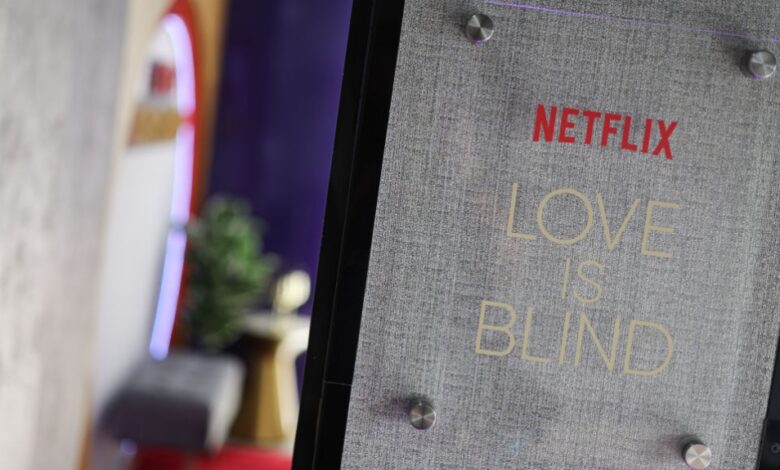‘Love is Blind’ producers accused of labour law violations

The producers of Netflix’s hit reality dating show “Love is Blind” have been accused by a U.S. labour board of attempting to strip cast members of their rights to discuss working conditions and speak publicly about their experiences.
The National Labor Relations Board in a complaint issued on Wednesday said Delirium TV and Kinetic Content intentionally misclassified cast members as “participants” rather than employees so they would not be covered by federal labour law, an NLRB spokeswoman said on Thursday.
The companies also allegedly forced “Love is Blind” contestants to sign agreements containing illegal noncompete and confidentiality provisions and barred them from discussing the terms of their participation, the spokeswoman said.
“Love is Blind,” which recently concluded its seventh season, features contestants who go on “dates” in small rooms separated by a barrier so they cannot see each other. Couples meet face-to-face only if they become engaged.
When Renee Poche, a contestant from the show’s fifth season whose storyline never aired, spoke about her experiences on a podcast, Delirium filed a US$4 million complaint against her in arbitration, the NLRB said.
Netflix, which is not named in the complaint, declined to comment. A lawyer for the production companies did not immediately respond to a request for comment.
Mark Geragos, a lawyer who represents Poche, said the case “promises to change the reality TV industry forever.”
“The practices identified by the NLRB in its complaint against Delirium are ubiquitous in this space,” Geragos said in an email. “This is not the last shoe to drop.”
NLRB complaints are heard by administrative judges, whose decisions can be reviewed by a five-member board appointed by the U.S. president. The board’s decision can be brought before a federal appeals court, and the entire process can take years.
The complaint seeks to require Delirium and Kinetic to reclassify show participants as their employees, rescind the allegedly unlawful agreements and pay former contestants for any financial harm caused by the companies’ alleged conduct.
Poche, a veterinarian from Texas, sued Netflix and Delirium earlier this year seeking to block the arbitration case against her. A California state judge ruled against her in March, and she is appealing the decision.
Poche claims she was paired with a man who lied about his background and was violent, erratic and addicted to drugs and alcohol.
Netflix and the production companies earlier this year agreed to pay US$1.4 million to settle a proposed class action claiming that “Love is Blind” contestants were their employees and should have been paid the minimum wage under California law. The companies denied wrongdoing.
(Reporting by Daniel Wiessner in Albany, New YorkEditing by Alexia Garamfalvi and Matthew Lewis)




